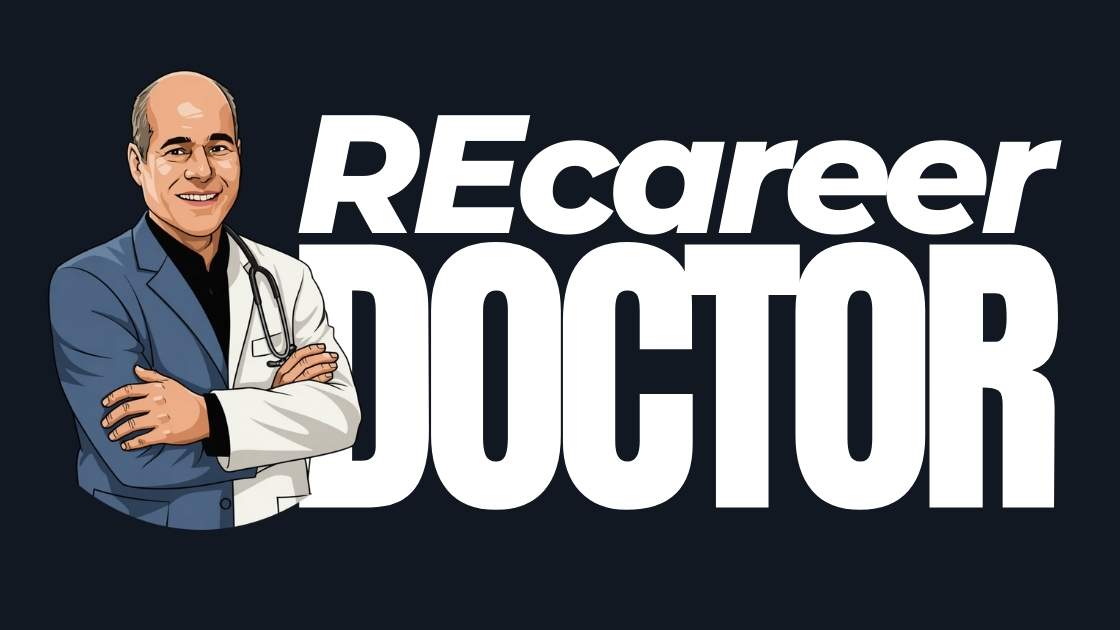I’ll be honest — I love technology. I’m a realtor and a former cardiologist, so I appreciate anything that makes life more efficient. My lights turn on with a voice command, my thermostat adjusts before I even get home, and my coffee maker starts brewing the moment my alarm goes off. It’s convenient, it’s futuristic… but sometimes, I can’t help but wonder: are our smart homes actually making us a little dumber — and maybe even less healthy?
Let’s talk about it.
🤖 1. The “Brain-Off” Effect
Remember when we used to think? We’d remember grocery lists, turn off the lights ourselves, and maybe even do a little mental math for the thermostat settings. Now? We just say, “Hey Google, handle it.”
Convenience is great — but constant automation can quietly weaken our cognitive habits. When your home anticipates everything, your brain stops anticipating anything. Over time, it’s like muscle atrophy, but for your mind. And as a cardiologist, I’ve seen how mental laziness often leads to physical laziness too.
🛋️ 2. Sitting More, Moving Less
One of the biggest dangers I see? We’re moving less than ever.
You can order groceries, adjust lights, or even lock your doors without getting up from the couch. Smart homes were designed to save time, but what they’ve really done is remove movement from daily living.
And here’s the scary part: sitting for long periods raises the risk of obesity, diabetes, and heart disease — the modern “silent killers.” I used to tell my patients, “Your body was designed to move, not to be managed by Wi-Fi.”
🌡️ 3. The Comfort Trap
It’s ironic, but the more “comfortable” our homes become, the less resilient we are.
Our bodies were built to adapt — to heat, cold, effort, and change. But now, our smart thermostats maintain a perfect 72°F year-round, and our appliances make sure we barely lift a finger.
This constant comfort desensitizes us. Even short exposure to mild cold or heat used to boost metabolism and circulation. Now? We’re becoming temperature intolerant. The human body isn’t meant to live in perpetual ease — it’s meant to rise to small daily challenges.
📱 4. Digital Stress in Disguise
You’d think that automation would reduce stress, right?
Not quite. Between constant notifications, “device not responding” messages, and privacy worries, smart homes have introduced a new kind of anxiety.
I’ve had patients who couldn’t sleep because their smart cameras kept sending alerts all night. Some even confessed to checking their devices more than their blood pressure.
Our homes were supposed to make us feel secure — not surveilled.
🧠 5. Smart Doesn’t Always Mean Healthy
Here’s the thing — smart homes aren’t the enemy. The problem is how we use them.
Technology can absolutely help us live better: smart air filters, fall detectors for seniors, and apps that remind you to hydrate or move are wonderful. But if we let automation replace our awareness, we start losing something more valuable than convenience — we lose connection.
Connection to our environment, our routines, even our own bodies.
Our homes are meant to serve us — not run us.
If you rely on your smart devices, that’s okay. I do too. But once in a while, try doing something manually. Open the blinds yourself, take a few steps to change the thermostat, or cook without a recipe app guiding every move. These tiny acts of effort reconnect you to your environment — and to yourself.
As both a realtor and a cardiologist, I’ve seen how the healthiest homes aren’t just smart — they’re human.
Because sometimes, the smartest thing we can do… is remember how to live without a screen telling us how.







